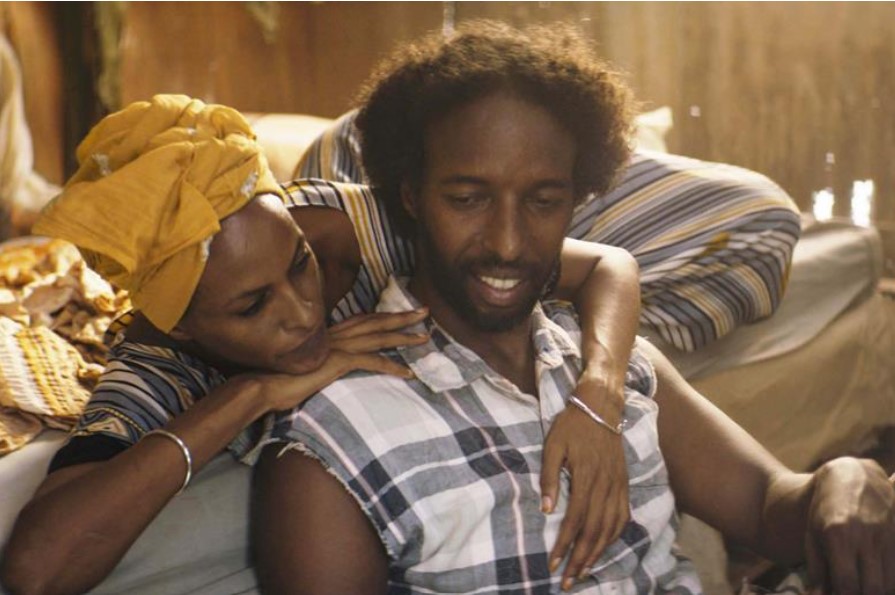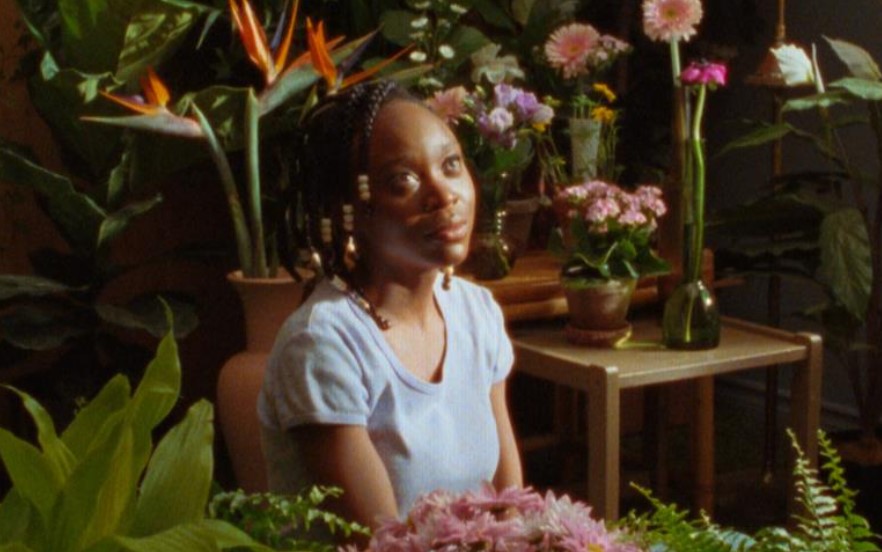Screen talks to the UK distributors who regularly distribute Black and African titles, about their upcoming releases, distribution challenges and whether the industry is utilising this content enough.

At UK exhibition conference Distributor Slate Days in September, Dapo Oshiyemi of Talking Drum Entertainment – a distributor focusing on Black and African content – told the room that the UK’s Black population was “underserved” at the box office.
“They’re playing a match with nine out of 11 players,” was how Oshiyemi referred to an industry he believes is not doing enough to utilise Black and African content. And with the industry desperately trying to claw back its pre-pandemic figures (UK box office is currently tracking at 25% below that of 2019), is it missing a trick?
Aya Films is one of the UK’s leading distributors of African cinema and released Khadar Ayderus Ahmed’s Cannes 2021 Critics’ Week title The Gravedigger’s Wife on October 21. It’s the first Somali-language film to be released in the UK and was booked for 54 cinemas at the time of interview – a number Carmen Thompson at Aya says is “snowballing” on a daily basis.
The “anticipation” from the Somali community, and beyond, around the film is a clear indicator of the appetite for Black and African content in the UK, according to Thompson. “The issue is the pipeline of that content making its way to audiences, because the demand is definitely there and the content is being made. We get sent stuff all the time,” Thompson says.
So, what exactly is going awry in the pipeline? For a start, there is a tendency to group all Black and African content together which often leads to limited exhibition scope. It’s something Thompson, who works at Aya alongside founder Justine Atkinson, has come up against on multiple occasions when trying to schedule films.
“Maybe [the exhibitors] think they’ve got one ‘Black’ film in the timetable already, there isn’t space for other ones, but they don’t see that they are different audiences and different routes in,” Thompson stresses. “They need to put more trust in distribution.”
“Unicorn” audiences

It’s a sentiment shared by Isra Al Kassi at T A P E – a grassroots collective for cinema by women of colour that has recently expanded into distribution – who says the industry still doesn’t quite understand how to treat diversity in cinema.
“The way we talk about diverse audiences is quite othering,” she says. “Especially if it’s a global majority, or women, or queer audiences, we treat these audiences as if they’re a unicorn we need to bring into the cinema. But there is a much more natural and effortless way of doing that.”
For Al Kassi and her co-founder Angela Moneke, who identify as women of colour, it’s about being able to relate to the stories they distribute in a way that allows for a more “mindful” approach to how the film finds its audience.
Their first distribution title Cette Maison (translation: This House), Miryam Charles’ Haitian French-language experimental documentary that had its world premiere at Berlin, will be released on November 4 in 20 cinemas across the UK. It’s an intentionally small number so that T A P E can target the appropriate communities, and curate conversations and events around it.
“Our interests from the beginning have been to have a greater focus and a greater impact,” Al Kassi says. “That’s what our industry really needs right now. The sort of impact that is going to have ongoing support for cinema.”
Closer to home

But what about Black British cinema at the box office? Over at Talking Drum, Oshiyemi’s next release will be a Black British comedy entitled It’s The Blackness. It marks the directorial debut of British-Nigerian actor Hakeem Kae-Kazim (Starz’s Dangerous Liaisons) and was written and produced by Oshiyemi himself.
Oshiyemi suggests that Black British films aren’t appealing to the global market in the same way that African American films are. “What Black British filmmakers need to understand is you can’t keep on making products that only talk to your own people,” Oshiyemi says. “It’s got to talk to the whole global Black community in the same way that African American films do.”
The comparison is a tricky one. The most successful Black British film to date is Rapman’s 2019 Blue Story which grossed £4.5 million at the box office. Jordan Peele’s American feature Us also came out in 2019 and made over double that in the UK (£10.1 million) – but with a bigger budget, star power and the phenomenal success of Get Out on which to ride.
It’s The Blackness, scheduled for a summer 2023 release, follows two recent graduates struggling to navigate the UK’s structural racism and features two Nigerian stars, Kalu Ikeagwu and Marcy Dolapo Oni, as the parents. This casting choice is one of the moves Oshiyemi says he’s consciously made to appeal to that global market and will be a big driving force of its distribution strategy.
There’s a strong case to be made for distributing more Black and African content into UK cinemas, to diversify audiences and, in turn, bring financial benefits. As Al Kassi notes on the success of T A P E’s previous screenings: “The responses we’ve had have been incredible. A lot of people finally feeling seen, feeling represented. They’ve been dying to see something like this and didn’t know how to access it before.” Hopefully, now they will.

